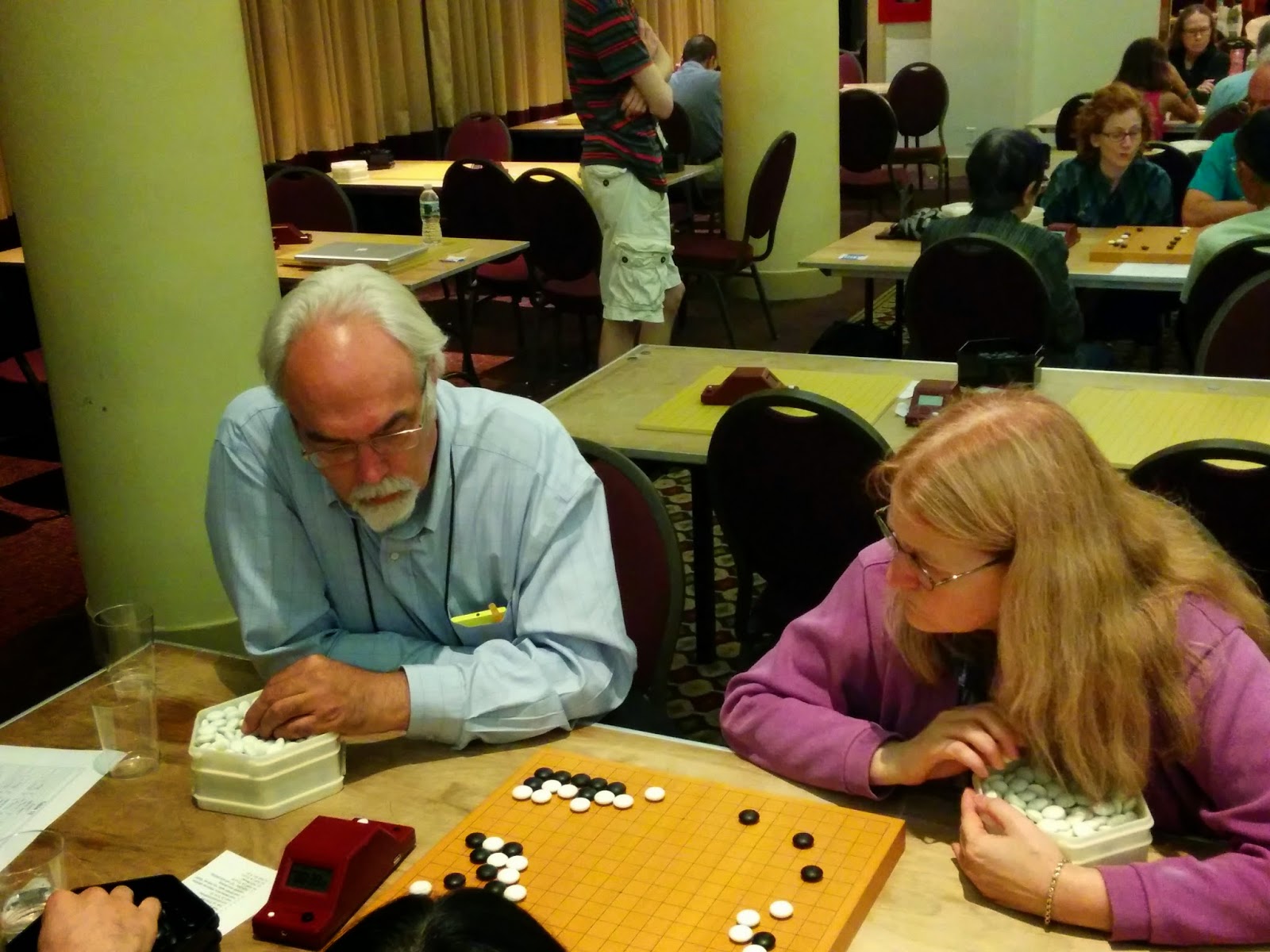Now the team over at the Internet Go School has come up with a way to help all of us commit their great content to memory using a new Training System. The system is based on a learning technique called spaced repetition which is applied to problem sets created to reinforce the content of the individual lectures. There is a new link called Training System where you can read up about this and experience the system free for yourself before you choose to subscribe. There are two free lectures with problem sets that you can try. This is enough to give you the experience of the Training System.
I tried the samples and subscribed to both the lectures and the training system the same day. That was August 28th. It's been over a month, and I'll tell you about my experience. You can see my statistics below:
I have enjoyed doing the problems and have fallen into a routine of completing them very early in the day. My usual routine is coffee, problems, breakfast. Then I get on with the rest of the day. They say it takes 30 days to ingrain a new habit. I can tell you that this study habit has become firmly ingrained because I not only enjoy my problem sessions, I crave them.
Within days I found myself watching more audio lessons than I ever would have imagined. I wanted to keep adding to my problem set. Of course, I'll only be presented with so many new problems per day, but I have nearly 1,000 problems in my set now.
You can see in the upper right of the above image that I have 931 problems enabled, 657 of which have not yet been presented to me. New problems are fed to you each day, and you can change the speed at which they come to you, but doing so might be overwhelming, so I have left the default parameters in place, trusting the system, and being patient.
I quickly got used to rating the problems. I like how the system moves problems that are easy farther back for review. I have some problems that won't show up again for over 40 days because I remember them each time they are presented. Above you can see that if I found this problem easy it would not appear again for 43 days. If I had forgotten it I would see it again in ten minutes.
I love that the problems appear in random quadrants, and in relatively random order. The color of the stones also changes. This ensures that it is the problem itself you are remembering by way of the configuration of stones, not the orientation on the board or the stone color.
Below you can see the lectures that I have watched in the past month since resubscribing to the audio lectures.
I'm retired, so aside from a little cleaning and cooking I can devote all of my energy to quilting and studying go, so the number of lectures I have watched is high. I specifically wanted to keep up with the Joskeki for Beginners series, and the new Life and Death series.
What I am finding is that I am clicking the forgotten button more often than I would like on some of my earlier problems, especially in the Joseki series. My intention is to replay those lectures again to gain a better understanding of the context of the problems. I could stop watching new lectures right now and still have new problems coming to me for quite some time, so I can afford to go back and view lectures for a second or even a third time.
I know that the Training System is enriching my love of the game. That's what it is all about for me. Using this system is the first step in the creation of a study plan for myself which I will add to over time. I highly recommend this system to any go player. It is a great way to become familiar with joseki and to review basic principles.
Aside from creating new lectures with problem sets, Guo Juan and her team are adding problem sets to existing lectures. In addition to that, the Step By Step Course is being totally revamped.
Thanks to Guo Juan and her team for a great new resource in the Training System.












